veg garden over septic field??
tminn
14 years ago
Related Stories

GARDENING GUIDESGarden Myths to Debunk as You Dig This Fall and Rest Over Winter
Termites hate wood mulch, don’t amend soil for trees, avoid gravel in planters — and more nuggets of garden wisdom
Full Story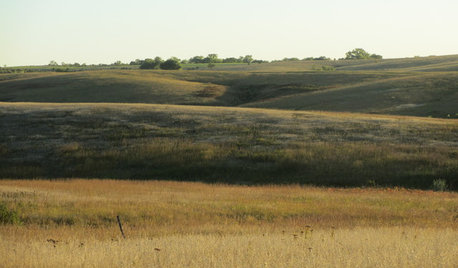
GARDENING GUIDESHow to Get Your Prairie On
Have a field day with your landscape, even if you've got just a few modern containers on a paved path
Full Story
EARTH DAYGrow a Beautiful Garden With Ecofriendly Greywater
Reducing home water waste means lower bills and a healthier planet. Here's how to set up a greywater home irrigation system that can help
Full Story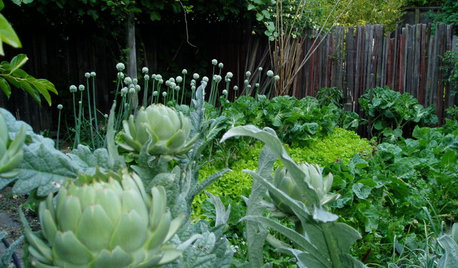
FRONT YARD IDEAS10 Ideas for a Front-Yard Edible Garden Your Neighbors Will Love
Choosing attractive, well-mannered plants and sharing the bounty will go a long way toward keeping the peace
Full Story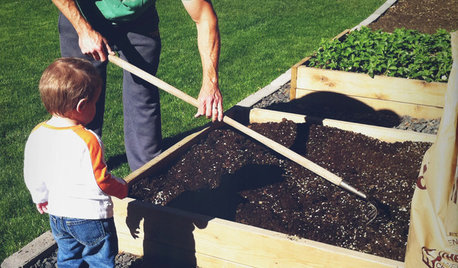
GARDENING AND LANDSCAPINGBuild a Raised Bed to Elevate Your Garden
A bounty of homegrown vegetables is easier than you think with a DIY raised garden bed to house just the right mix of soils
Full Story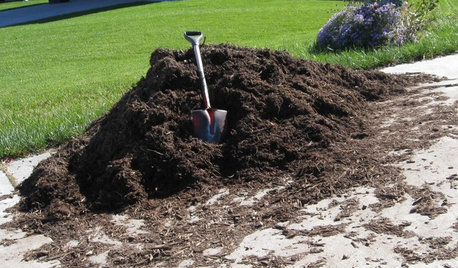
FRONT YARD IDEASBefore and After: Front Lawn to Prairie Garden
How they did it: Homeowners create a plan, stick to it and keep the neighbors (and wildlife) in mind
Full Story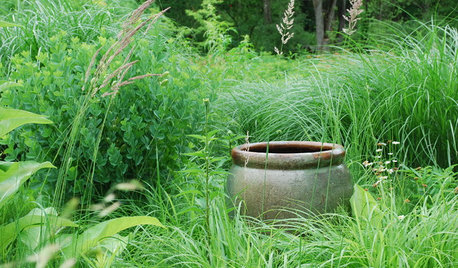
GARDENING GUIDES5 Invaluable Life Lessons From the Garden
The garden is both teacher and healer. Don't be afraid — dig in and reap the benefits
Full Story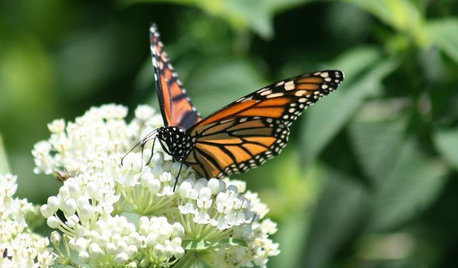
GARDENING GUIDES7 Ecofriendly Gardening Ideas That Also Cut Chore Time
Spend less time weeding, less money watering and more moments just sitting back and enjoying your healthy garden
Full Story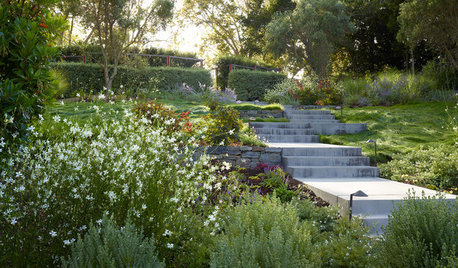
EARTH DAY5 Ideas for a More Earth-Friendly Garden
Consider increasing the size of garden beds, filtering rainwater and using plants to reduce energy use
Full Story
GARDENING FOR BUTTERFLIESGardening for the Bees, and Why It’s a Good Thing
When you discover how hard bees work for our food supply, you may never garden without them in mind again
Full Story





susaneden
nc_crn
Related Professionals
Clemson Landscape Architects & Landscape Designers · Lyons Landscape Architects & Landscape Designers · Milwaukee Landscape Architects & Landscape Designers · Rossville Landscape Architects & Landscape Designers · Signal Hill Landscape Architects & Landscape Designers · Finneytown Landscape Architects & Landscape Designers · Allentown Landscape Contractors · Commack Landscape Contractors · Laguna Hills Landscape Contractors · North Highlands Landscape Contractors · Santa Ana Landscape Contractors · Soddy Daisy Landscape Contractors · Waldorf Landscape Contractors · Raytown Landscape Contractors · Cambridge Driveway Installation & Maintenancedigdirt2
nycynthias
bigtrout
scarletdaisies
promethean_spark
gardenlen
neohippie
digdirt2
gardenlen
alabamanicole
nightnurse21
gardenlen
tishtoshnm Zone 6/NM
nycynthias
digdirt2
wastetech
scarletdaisies
sunnibel7 Md 7
nc_crn
ATL-Newbie